|
A new meetup in D.C. is looking at how virtual reality is designed.
Alexandra Tobolsky and Kashyap Sridhar created VRUXDC to explore user-centered design principles in the context of virtual, augmented, and mixed reality. The meetup will focus on topics like effective storytelling, motion sickness awareness, sound immersion and usability testing. While there’s lots of focus on expanding technological capabilities in a fast-growing medium, “Human Factors or the user’s experience should be one of the primary design considerations for a product or service,” Tobolsky said. On Tuesday, August 29, VRUXDC will host its first meeting at ByteCubed’s headquarters in Arlington, Va. Following a networking hour, ByteCubed Creative Director Jordan Higgins will share some of the lessons learned from the firm’s work in Microsoft’s Mixed Reality Partner Program. He will also discuss key design principles in understanding 3D holographic computing.
0 Comments
When Edward Snowden released thousands of classified NSA documents, Travis Moore was tasked with learning about the information fast. As the former legislative director for U.S. Rep. Henry Waxman, Moore scrambled to find technical expertise on bulk metadata, the NSA’s programs, and the implications of the breach. Ultimately, he had to look outside the halls of Congress.
With tech-related issues continuing to gain importance, the experience left him looking to bring more expertise to the Capitol Hill. Moore created TechCongress, a 13-month fellowship that places technologists either in congressional offices or committees to provide knowledge on various legislation, emerging technologies, and concerns. From now until September 28, TechCongress will accept applications for next year’s cohort. According to Moore, successful candidates possess three traits:
TechCongress is a young program, having only started in 2015, but they’ve already stumbled upon interesting takeaways. One was the level of veteran interest. In their first year, three of their top five candidates included veterans. Two of them later became inaugural fellows. For 2017, Moore and his team plan to focus on bringing in more veterans and diversifying their program with more female fellows. When the Google manifesto grabbed headlines last week, several women in Philly tech went in on the doc and Google’s accountability.
Yasmine Mustafa, cofounder of ROAR for Good, had an additional thought: is there a way to connect with local companies who want to demonstrate that they care about these issues? She of course already had the answer — Athena. As announced by our sister site, ROAR recently started shipping the Athena, its wearable personal safety device. To help celebrate, the social enterprise partnered with Houwzer, the real estate platform founded by Benjamin’s Desk cofounder Mike Maher to provide Athena devices to its agents. Given the safety concerns surrounding real estate agents, the partnership was a no-brainer for both Maher and Mustafa. “The sense of awareness is higher among real estate agents because most of them are women,” Mustafa explained. “Most of them are meeting a stranger for the very first time in a secluded area, in an empty house.” While thankfully none of the Houwzer agents have reported safety incidents, Maher told Technical.ly that he saw this opportunity as a great way to be proactive. “Athena will help Houwzer provide a support network for our agents, even when we can’t be there physically,” he said. “Athena is another layer of protection that shows our employees they are valued.” It’s a sentiment that also seems to be shared by the agents themselves. We reached out to a pair of Houwzer agents, Allison Dubovsky and Scott Hicks, and both seemed quite pleased with the device’s utility. There’s lots of talk about being early to a new technology. When it comes to holographic computing, ByteCubed’s Creative Director Jordan Higgins knows that it’s not just about getting there first, but also learning from the right teachers.He and the Crystal City–based government tech consulting firm’s team saw no better instructors than Microsoft’s HoloLens team. The HoloLens headset creates an environment that’s known as mixed reality. There’s no strict definition of mixed reality—along with artificial reality, virtual reality and spatial computing—but in a nutshell, this sector of holographic computing devices allows users to engage with digital content within the confines of the world around them. Microsoft sells two versions of their headset: a development edition, for individuals interested in small scale use, and the commercial suite, ideal for businesses ready to use the holographic technology to enhance their enterprises. Currently, the tech giant runs pilot partnership programs across the U.S. featuring the HoloLens technology–from high school classrooms in Colorado to the Baltimore Ravens. Through their Mixed Reality Partner Program, Microsoft expands their reach to businesses and the overall utility of mixed reality technology. “The HoloLens was one of the first holographic computing devices to become available to developers, and we were really excited to get our hands on it and start creating mixed reality experiences as early as possible,” Higgins told Technical.ly. “As with any new technology, there was a lot to learn about design and development, and there’s no substitute for hands-on experience.”
“Each session we attended featured experts across many areas of mixed reality including technical capabilities, coding, spatial audio, interface design, all the new ways of thinking and creating applications that come with working with this technology,” Higgins said. Now that ByteCubed officially completed training in the Mixed Reality Partner Program, the tech consulting firm wants to define mixed reality on their own terms and expand solutions for technical and visualization problems. Intellectual property law is a tough area to navigate, but it’s important for startups. And since fewer than one in five patents name a female entrepreneur, it’s an issue that’s of great interest to BEACON, the community-led organization to support female entrepreneurs in D.C., supported by Google, Georgetown Law, and Mayor Bowser’s office.
“IP serves as the foundation for many business operations,” BEACON fellow Deloris Wilson told Technical.ly. “and we want to make sure DC’s women entrepreneurs are best equipped to navigate this increasingly complicated space.” BEACON decided to reach out female entrepreneurs in D.C. about their questions and concerns regarding IP law. They received back diverse responses, ranging from patent differentiation, copyright and trademark, the application process and more complicated matters concerning partnership/employee contracts and interstate sales. In response, BEACON created Startup Law 101. The free workshop represents a coupling of “legal training with actual experiences of entrepreneurs who have made IP-errors—and had to fix their mistakes as a result,” Wilson explained. Next month, four women-led startups will pitch for the win at the Vinetta Project’s final showcase of 2017.
On September 14 at Social Tables, the September Female Founder Showcase will feature finalists Yulia Yaani of RealAtom, Meghan Buck of VEDA Data, Steph Speirs of Solstice and Carey Anne Nadeau of Open Data Nation. They were selected after pitching at semifinal events earlier this year. One finalist will walk away with a $20,000 cash prize from Paley Rothman and GSP, as well as four months of office space provided by MakeOffices. The event also offers something for those who might not be pitching. According to last year’s winner Saureen Desai, CMO and cofounder of ShipLync, the Vinetta Project showcases hold a particular value for those female entrepreneurs looking to get more connected to #dctech. “[It’s] an amazing pitch competition to attend specifically for those female entrepreneurs who are a bit wary about the D.C. tech scene and need a place to start connecting the dots,” Desai told Technical.ly. “Attendees will also get first-hand exposure on what it truly takes to raise money from the ground up.” After 54 hours of competition among seven teams at Eastern Foundry, three startups emerged as winners last weekend at Startup Weekend DC: Civic Impact Edition. However, their journeys to success weren’t without a few hurdles. After the event, members of some of the winning teams provided some insight on what it’s like to launch a company over three days.
It starts with a team, and an idea for the business. For the team of cofounders that included Tambra Raye Stevenson, Peter Boyd and Tim Nguyen, identifying a singular business plan to work on presented a challenge right away. They pitched Cottage Foodie, a virtual local farmer’s market that for customers to view the food available, pre-order, pay online, and pick up orders in person. From there, it’s time to start building. Grand prize winner RecruitHer detects gendered language in job postings and provides alternatives to attract more female applicants by using natural language processing and machine learning methods. The team of founders—including Hratch Sofian, Natalie Olivo, Robert Chandler, Yurani Sandoval, Belen Sanchez, Tracy King, and Evann Smith—had a clear takeaway for finding success at a Startup Weekend competition. “[You must] clearly identify the value proposition of your company/product in a single sentence as early as possible,” explained Smith, Founder and Chief Data Scientist. “If you can do this, then the problem you are solving should be clear and direct your path to monetization.” Dupont Circle will soon welcome a familiar face with a new spot in the neighborhood--cove.
cove Dupont, located at 1666 Connecticut Ave., is set to open this fall. It marks the latest new spot for the local coworking chain following the shutdown of its K street location in December. cove opened their first location in Dupont Circle nearly four years ago with a space of 700 sq ft. Since then, they’ve expanded throughout the district, including a space in south Dupont at M and 18th. Now they will return just north of the circle with their biggest location yet, much to the excitement of co-founder and CTO Jeremy Scott. “[Dupont] has always been an ideal place for cove with a strong sense of neighborhood,” Scott told Technical.ly via email. “We have so many great members who work remotely / from home and who live there, and we can’t wait to expand our Dupont community.” It seems that no one can escape cyber threats these days — from political parties to even the King in the North.
As the threats in cybersecurity outpace the community itself, the need for innovative thinking has multiplied. According to New America’s Cybersecurity Initiative the solution is rather simple: diversity. Despite a projected 1.8 million shortages in the workforce, women, for example, currently represent only 11 percent of professionals in the cybersecurity community. It’s issues like this that are central to Laura Bate‘s work as senior program associate at New America’s Cybersecurity Initiative. “The shortage of workers in the cybersecurity industry is an economic and security problem that we are working to confront through better alignment of the training pipeline and the hiring community, and through opening the aperture of who we perceive as a ‘fit’ for the workforce,” Bate wrote in an email. To address the importance of diversity in solving today’s challenges in cybersecurity, New America Cybersecurity Initiative will host a panel on Aug. 11 at their 15th Street location in D.C. Five months ago, when Amazon Web Services, C5 and the PeaceTech Lab debuted their inaugural cohort for the PeaceTech Accelerator, several misconceptions were stacked against the project. Perception topped the list, according to Sheldon Himelfarb, PeaceTech Lab president and CEO. “When people think about conflict, they’re picturing bombed-out buildings, bullets flying and chaos. But the fact is, in nearly every conflict zone we’ve worked, we see [technology],” Himelfarb said. “You don’t have to be defined by your immediate circumstances — there’s an outlet for expression, for cultivating and sharing new ideas, and for building something with purpose and value.” A prime example of the innovative nature in the first cohort is Junub Games. This South Sudanese nonprofit develops video games and gaming communities as a means to promote peace in the area. There’s also Wistla, a crowd gathering app for “sociable” experiences. While it may seem like a bit of a stretch for peacetech, Wistla focuses on “building peaceful integrated societies” and “offer[ing] an opportunity to build offline communities by helping people group together, mobilize and share their experiences,” explained Bee Heal, program manager of the PeaceTech Accelerator. After finishing the program, Wistla soft launched their app for Andriod users at the British Style Collective last month and iOS users can expect to see the product later this month. Now, the PeaceTech Accelerator is back for the program’s second cohort. |
Archives
September 2017
Categories
All
|
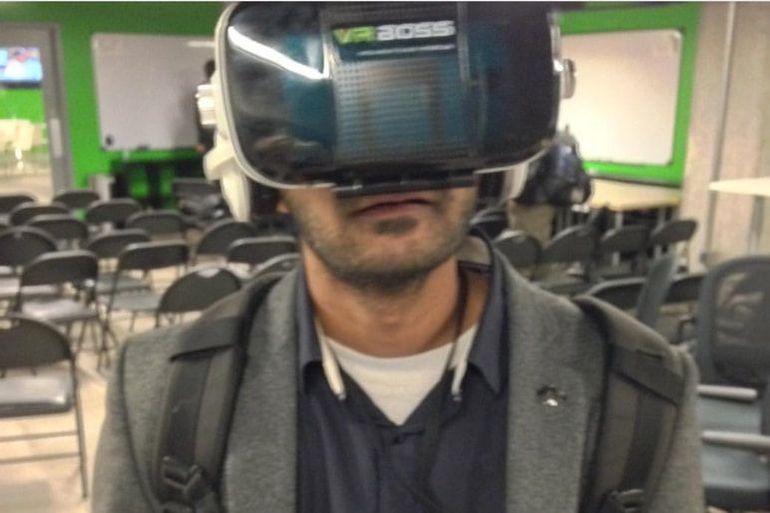
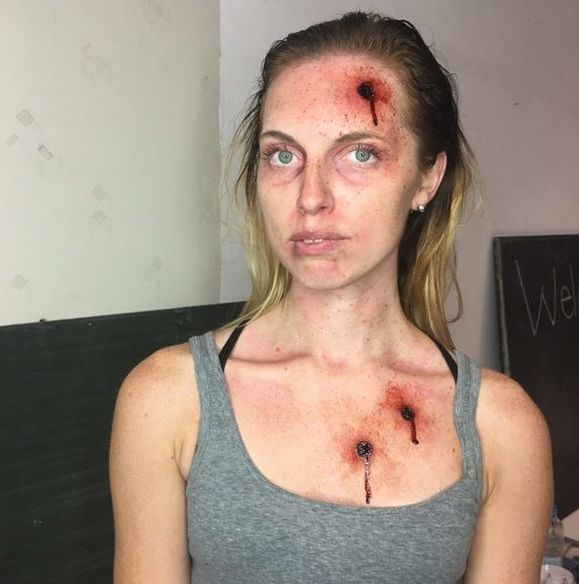
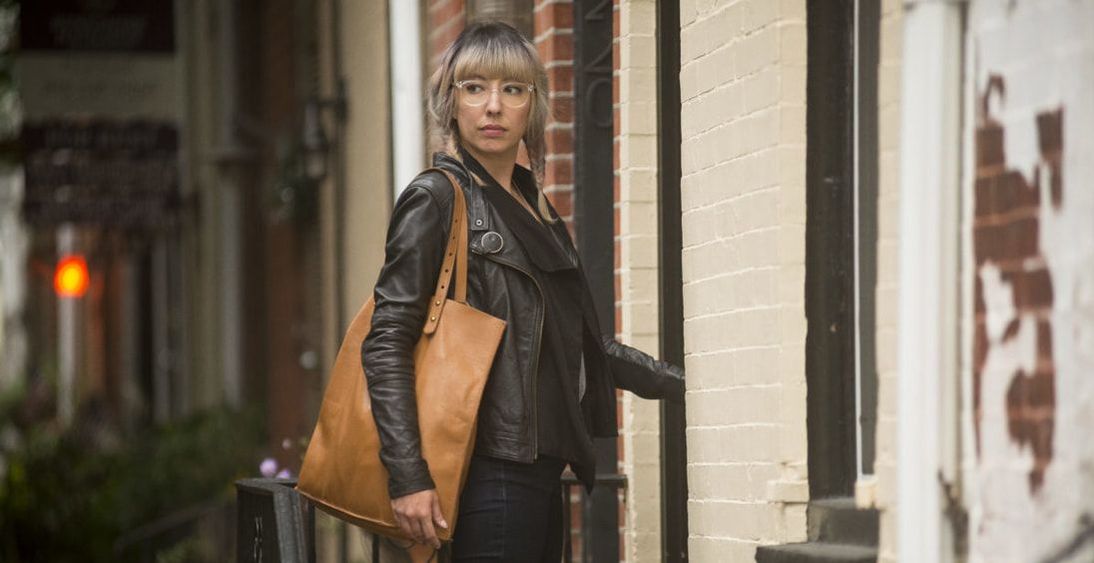
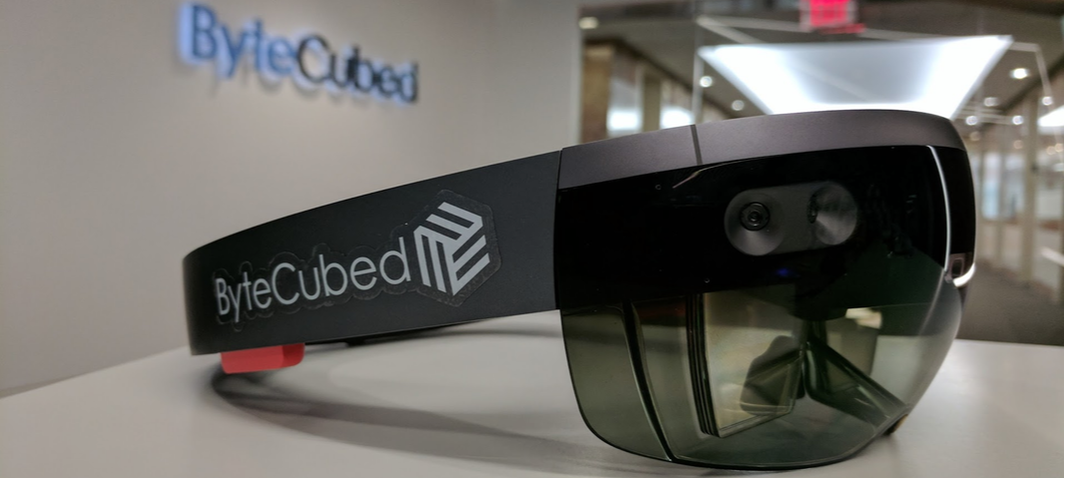
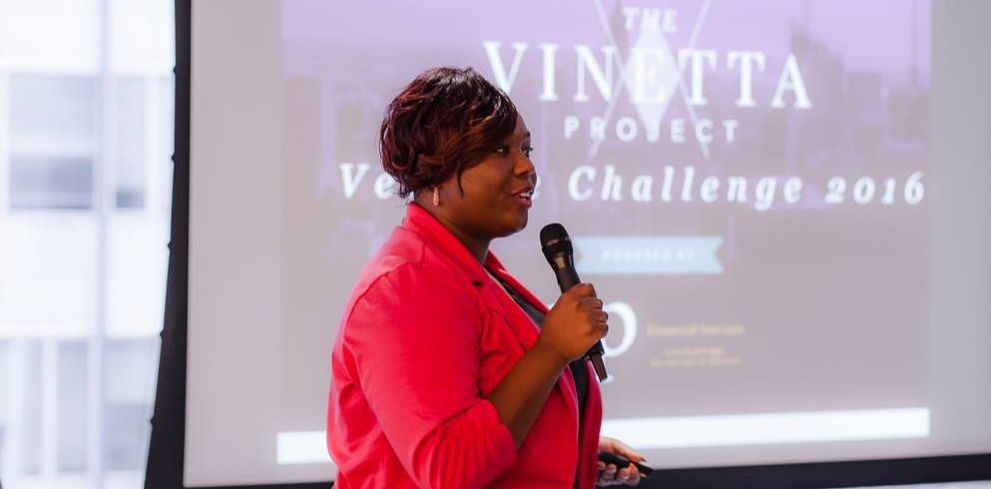
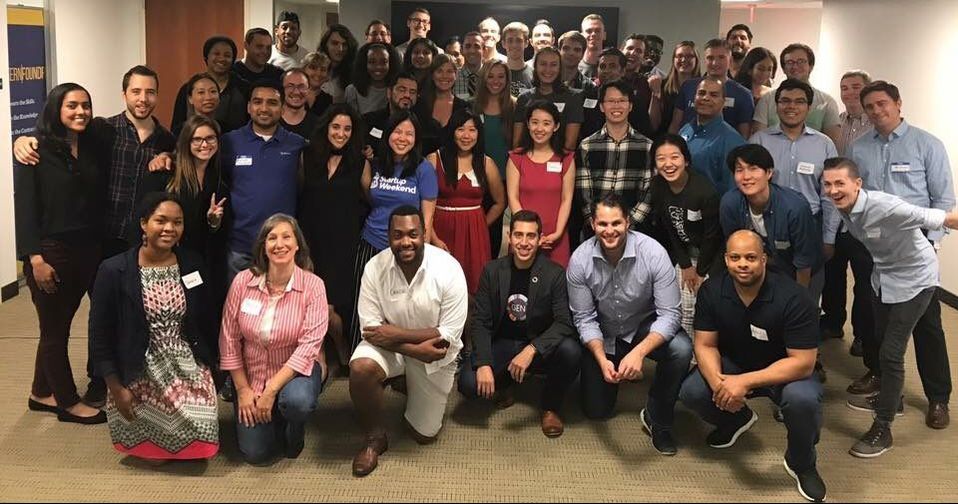
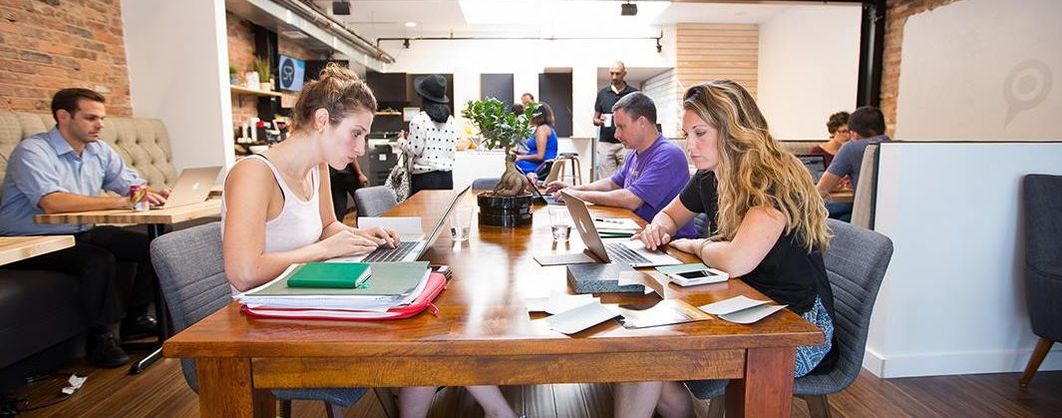

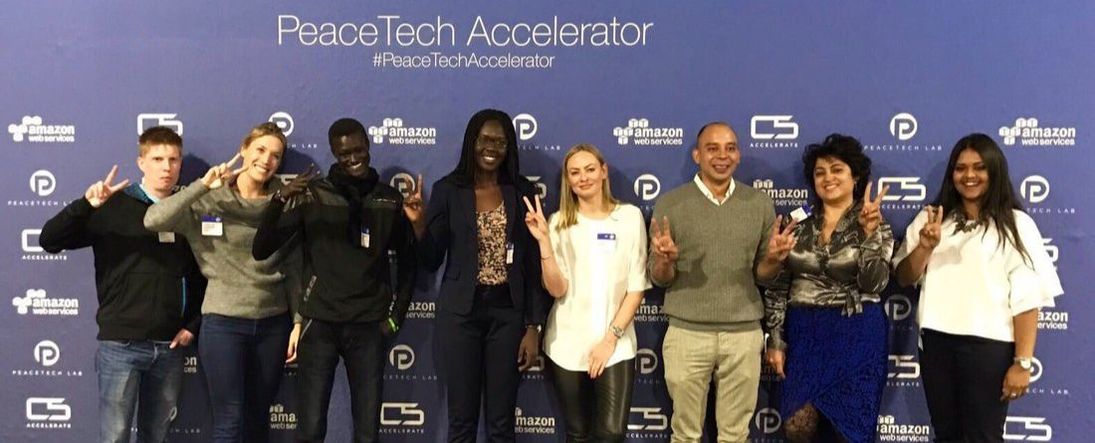
 RSS Feed
RSS Feed
